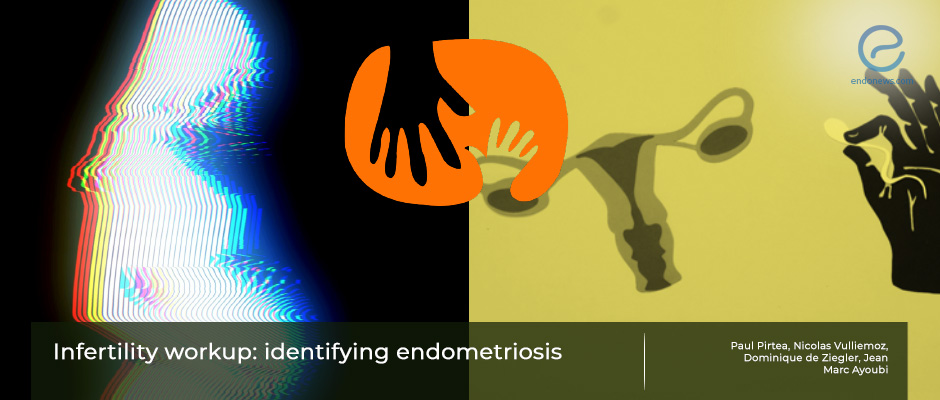Endometriosis-associated infertility: How to manage?
Aug 9, 2022
Endometriosis-associated infertility should be managed by considering the personal characteristics of the woman.
Key Points
Highlights:
- Endometriosis causes infertility due to several pathophysiologic mechanisms such as anatomical distortion, and changes in ovarian reserve and endometrium in almost half of women with endometriosis.
Importance:
- The management of endometriosis-associated infertility has shown variations in the recent decade, and the "ART-first" approach may be preferred based on patient characteristics.
What’s done here?
- This review was conducted to evaluate the management of endometriosis-associated infertility and its clinical consequences.
- These questions have been tried to be answered: diagnostic methods of endometriosis in infertile women, place of surgery in the management of endometriosis-associated infertility, the impact of endometriosis on oocyte quality, endometrial receptivity, and ART outcome.
- The studies which assessed different management approaches to endometriosis in infertile women in literature were reviewed considering the comparison of surgery and in vitro fertilization.
Key results:
- Endometriosis is a disease in reproductive-aged women which can cause some fertility problems.
- Endometriosis-associated infertility results from several pathophysiologic mechanisms such as adhesion, and the impact of endometrioma on ovarian reserve.
- The presence of endometriosis was confirmed by surgery in the past while modern imaging methods regarding ultrasound or magnetic resonance imaging (MRI) are preferred to diagnose endometriosis for the time being.
- Assisted reproduction techniques are generally preferred as the first approach today in women in their 30s.
- Expectant management for the natural conception for 12–18 months following endometriosis surgery may be recommended for younger women considering their ovarian reserve.
Lay Summary
Although the underlying reason for endometriosis has not been fully established, there is an association between endometriosis and infertility. Endometriosis is thought to be involved in 40-50 percent of infertility cases. However, natural conception can still occur even in women with severe endometriosis, especially in the 12-18 months following endometriosis surgery. On the other hand, surgery has a place to diagnose and treat endometriosis.
Pirtea et al, from France and Switzerland, published a review study titled “Infertility workup: identifying endometriosis” in the journal Fertility and Sterility. The authors aimed to assess the recent diagnostic and therapeutic approaches to endometriosis in the infertile population.
The authors suggest that the modern imaging methods regarding ultrasound or magnetic resonance imaging (MRI) are helpful for the diagnosis of endometriosis for the time being. The surgical removal of endometriomas may diminish ovarian reserve resulting in fertility problems.
Endometriosis should be suspected depending on the personal history and physical examination of the patients. Ultrasound examination and MRI, if necessary, would be confirmative for the diagnosis of endometriosis. The management method should be determined based on the demographic and clinical characteristics of endometriosis patients regarding women’s age, ovarian reserve, infertility duration, and comorbidities. Assisted reproduction techniques may be preferred as the first approach (no-surgery-before-ART rule) in women in their 30s. Expectant management for the natural conception for 12–18 months following endometriosis surgery may be recommended for younger women considering their ovarian reserve.
“Work-up of infertile women has been drastically changed over the past decade”, the authors added.
Research Source: https://pubmed.ncbi.nlm.nih.gov/35568524/
endometriosis infertility diagnosis ultrasound MRI Assisted reproduction techniques

